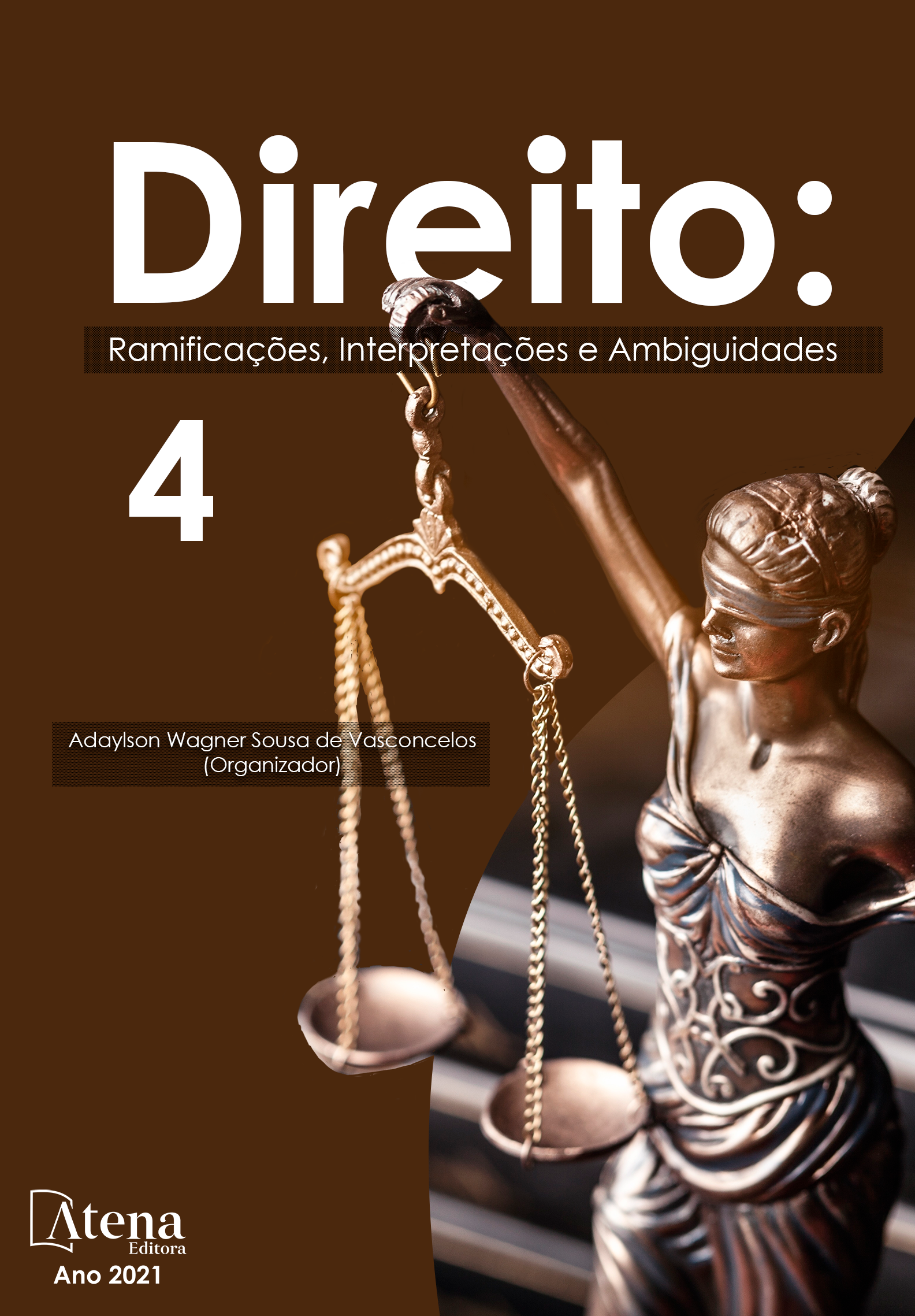
A PROTEÇÃO DO TRABALHADOR ATRAVÉS DA NEGOCIAÇÃO COLETIVA E AS MEDIDAS PROVISÓRIAS DA PANDEMIA DE COVID-19
O presente artigo visa analisar as alterações feitas pelas medidas provisórias sobre negociações coletivas e acordos individuais devido à pandemia de Covid-19, bem como os seus efeitos no ordenamento jurídico brasileiro e sua compatibilidade com princípios fundamentais do direito do trabalho, Convenções da OIT e a Constituição Federal, no que diz respeito ao direito coletivo e negociações coletivas. A relevância do tema está ligada ao papel fundamental da negociação coletiva e representatividade sindical para a democratização das relações de trabalho e garantia de melhores condições aos trabalhadores. Quanto à metodologia, o método de abordagem é o qualitativo dedutivo e quanto ao método de procedimento, serão utilizados o método bibliográfico, documental e jurisprudencial. O presente trabalho está estruturado em três tópicos principais. O primeiro, busca analisar as mudanças sobre o direito negocial causadas pela pandemia de Covid-19 e as medidas governamentais impostas. O segundo é a análise conceitual sobre negociação coletiva no ordenamento jurídico brasileiro, e o terceiro tópico aborda a proteção do trabalhador em tempos de pandemia. A partir do que foi abordado, concluímos serem as medidas provisórias que substituíram a negociação coletiva pelo acordo individual prejudiciais aos direitos e interesse da classe trabalhadora, bem como não são compatíveis com o texto constitucional, as Convenções da OIT e os princípios fundamentais do direito do trabalho.
A PROTEÇÃO DO TRABALHADOR ATRAVÉS DA NEGOCIAÇÃO COLETIVA E AS MEDIDAS PROVISÓRIAS DA PANDEMIA DE COVID-19
-
DOI: 10.22533/at.ed.83021080314
-
Palavras-chave: negociação coletiva; medida provisória; pandemia; direitos coletivos; Covid-19
-
Keywords: collective bargaining; provisional measure; pandemic; collective rights; Covid-19
-
Abstract:
This Article aims to examine the changes made by the provisional measures on collective bargaining and individual agreements due to the Covid-19 pandemic, as well as its effects on the Brazilian legal system and its compatibility with fundamental principles of labour law, ILO Conventions and the Federal Constitution, with regard to collective law and collective bargaining. The relevance of the theme is linked to the fundamental role of collective bargaining and trade union representation for the democratization of labor relations and ensure better conditions for workers. As for the methodology, the method of approach is qualitative deductive and as to the method of procedure, the bibliographic, documentary and jurisprudential method will be used. The present work is structured on three main topics. The first seeks to analyze the changes in business law caused by the Covid-19 pandemic and the government measures imposed. The second is the conceptual analysis of collective bargaining in the Brazilian legal system, and the third topic addresses worker protection in times of pandemic. From what has been addressed, we conclude that the provisional measures that replaced collective bargaining with the individual agreement detrimental to human rights and interest of the working class, as well as are not compatible with the constitutional text, ILO Conventions and the fundamental principles of labour law.
-
Número de páginas: 14
- DANIEL DAMÁSIO BORGES
- MARIA LAURA BOLONHA MOSCARDINI


